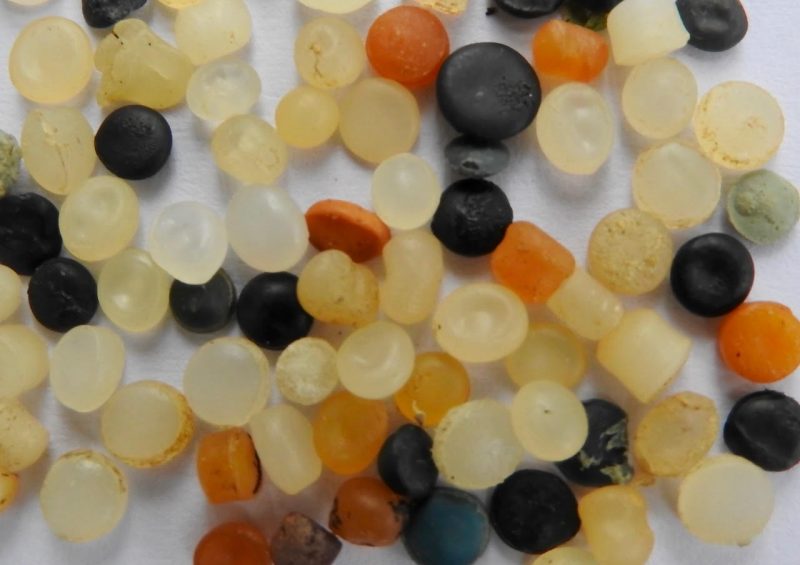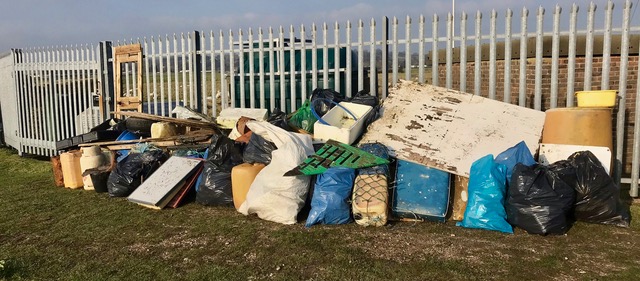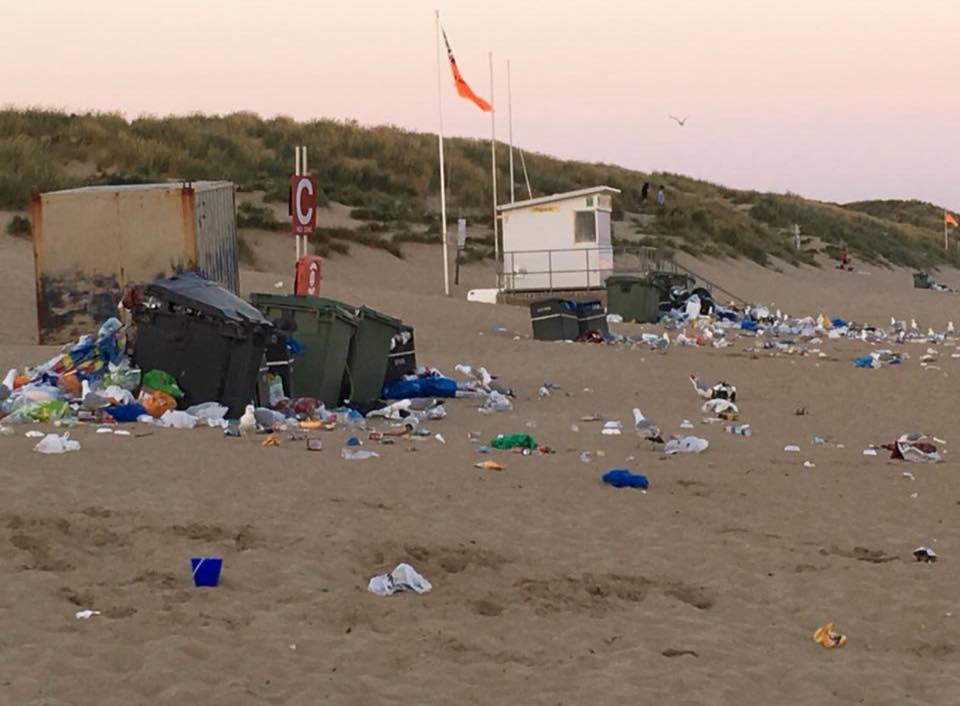In his Opinion article last week on marine ecosystems, Dominic Manning placed the primary blame for depletion of fish stocks on overfishing for many years and warned that without some sort of conservation there would come a day when they might simply be no fish left to catch. He is probably right and it may well be, as he suggests, that one of the ways to tackle the problem is through quotas and Marine Conservation Zones.
This is a matter for governments and the fishing industry to decide, but there is also something that the general public – you and I – can do to help make a difference.
For some time now, Rye News has published occasional articles on the problems caused by plastic. Some have been by this writer in the Opinion columns, and elsewhere in the paper by Heidi Foster and others on regular beach-clean operations on both the Rother banks and local beaches. Since then, the subject has gone from a rare paragraph on the inside pages of national newspapers to front page campaigns, television and even promised action by the EU (who have recently announced that they are going to ban plastic drinking straws – well it’s a start).
But do we have to wait for governments to take action? The answer, of course, is no, we don’t.

All of us handle disposable plastics almost every day of the week – drinks bottles, food packaging, wrapping paper, carrier bags, take-away coffee mugs, plastic food containers still used by some fast-food outlets, picnic knives, forks, spoons, plates and the list goes on. All of these are easily disposable responsibly and in a way that enables them them be recycled and it is sad that so much is simply discarded without any real thought of the consequences. Some 10 million tons of it a year end up in the sea.
Most of us will probably have heard of the Great Pacific Garbage Patch, currently spread over an area roughly twice the size of France and increasing daily and there are similar marine refuse dumps developing elsewhere. It’s estimated by the UN food and Agriculture Organisation that there will be more waste plastic in the sea than fish by the year 2050. Plastic often attracts toxic pollutants that are then ingested and spread by marine life.
And this matters because plastic, unlike organic materials, doesn’t degrade except over many, possibly hundreds, of years. It is mistaken for food by many marine creatures and remains in their digestive systems resulting in death by starvation. Although not degrading, it can break up into micro particles, again ingested by fish and other creatures and, when the fish are eaten by humans, the effects and toxins of those same micro particles are transferred to us. This is not a good thing. Not only are we risking that part of our fish stocks that have not already been over-fished, but with plastic often containing toxic pollutants, as these move up the food chain we are putting human health in danger, too.

Commenting recently in The Guardian on a plan to clean up the Pacific Garbage Patch, Dr Clare Steele, a California-based marine ecologist, said that while removing larger items, such as ghost fishing nets, would help wildlife, the clean-up would not deal with the colossal amount of microplastic.
“Those plankton-sized pieces of plastic are pretty difficult to clean up,” she said. “The only way is to address the source and that will require a radical shift on how we use materials, particularly single-use plastic such as cutlery, straws and bottles that are so durable.
“We need to reduce waste and come up with new, biodegradable alternatives to plastic. But one of the easiest steps is changing the way we use and discard the more ephemeral plastic products.”
And that brings us back from the Pacific (and other areas where these garbage ‘islands’ are growing), to Rye and Camber and the River Rother. Yes, we can do regular clean-ups of river banks and beaches. But, better than that, we can simply reduce our use of plastic and get into the habit of disposing of it responsibly and correctly.
But do we really need so much in the first place? In our local supermarket, for example, one can buy, say, broccoli wrapped in clingfilm, while on the shelf below there is identical broccoli with no wrapping at all and the same applies to other food and non-food items in this and other shops. Surely this is madness? Today we habitually use plastic carrier bags to take home our shopping. Yes there is a small charge – but so small one does not notice it when added to the average shopping bill. Years ago it would have been a brown paper carrier. It’s equally efficient (unless allowed to get wet) and it will degrade and disperse naturally and quickly in water, doing no harm to marine life.
This would be just the start. Plastic, seen as such a wonderful invention when first produced, and a friend to industry and the public alike, has now become our potential enemy. This can be changed. But it is no good relying on governments, of whatever colour, or institutions, it is us, the men and women on the Clapham omnibus – as a lawyer in a famous court case once described the public – who can bring about the change. All we need is the will and this tide of plastic can be turned.
Photos: Carol Macdonald and Rye News library
Image Credits: Rye News library .



